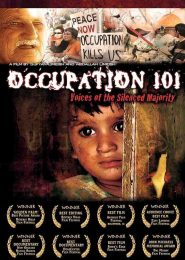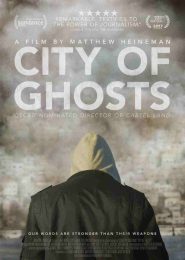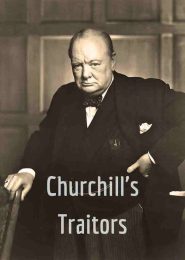Henry Kissinger – Secrets of a Superpower (2023)
For years, Henry Kissinger shaped US foreign policy like no other statesman. As National Security Adviser and Secretary of State under US President Richard Nixon, the German-born politician wielded America’s power with severity.
The Accusations: Based on Christopher Hitchens’ polemic tome The Trial of Henry Kissinger, the documentary meticulously lays out a damning case. Kissinger, the National Security Adviser and later Secretary of State under Presidents Nixon and Ford, stands accused of orchestrating a symphony of war crimes. The canvas spans Cambodia, Bangladesh, Chile, Cyprus, and Vietnam. The allegations reverberate: secret bombings, covert coups, and the cold calculus of geopolitical chess.
The Unflinching Lens: Archive footage, haunting music, and incisive interviews weave the narrative. We see Kissinger’s shadow stretch across continents—the Khmer Rouge’s killing fields, the Pinochet regime’s torture chambers, and the East Timorese genocide. The camera doesn’t blink; it captures the weight of history etched into faces—the hollow eyes of victims, the clenched fists of survivors.
The Dueling Perspectives: The documentary isn’t a one-sided tirade. It’s a courtroom where accusers and defenders square off. Hitchens and like-minded voices present their evidence, their fingers pointing at Kissinger’s guilt. But there’s a counterpoint—the defenders, the apologists. They argue realpolitik, the balance of power, and the fog of war. The result? A nuanced debate that refuses to shy away from the abyss.
The Warmonger or the Strategist? Kissinger emerges as a Sphinx. Was he a Machiavellian puppeteer, pulling strings in the shadows? Or a pragmatic strategist navigating treacherous waters? The film doesn’t hand us answers; it invites us to grapple with the complexity. His Nobel Peace Prize juxtaposed with crimson footprints in history—the paradox gnaws at our conscience.
The Call to Conscience: As Cox’s voice reverberates, we confront our complicity. “Required viewing for every American, especially now,” declared Newsday. The film isn’t just about Kissinger; it’s about us—the bystanders, the voters, the inheritors of a world shaped by decisions made in smoke-filled rooms. It’s a call to hold power accountable, to pierce the veil of diplomacy.
Conclusion: The Trials of Henry Kissinger isn’t a comfortable watch. It’s a mirror reflecting our collective amnesia. We grapple with the ghosts of history, knowing that justice isn’t always swift. As the credits roll, we’re left with questions—unanswered, unsettling. Kissinger’s legacy remains etched in ambiguity, a cautionary tale for those who wield power. The trial continues, not in courts, but in our conscience.




